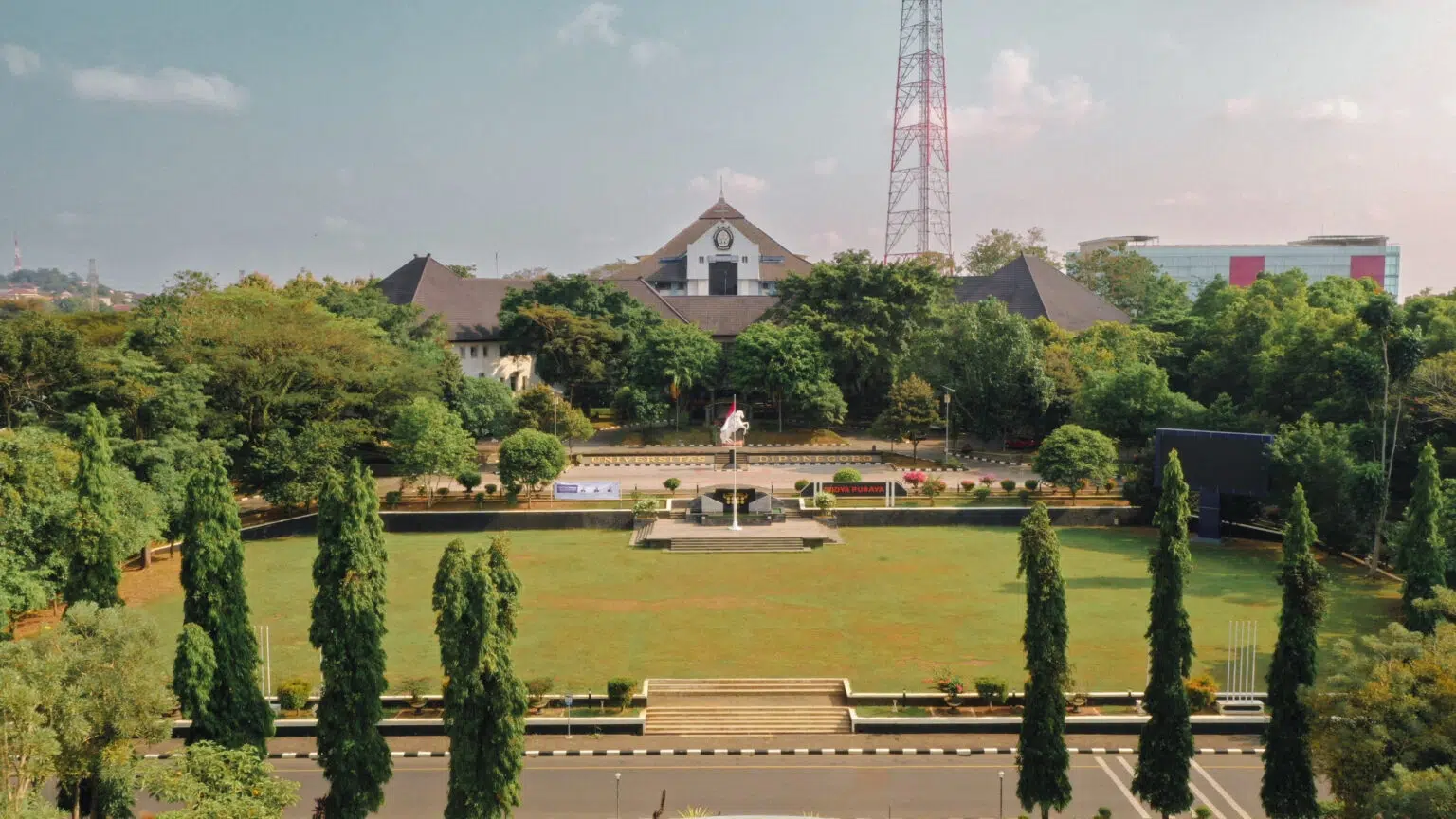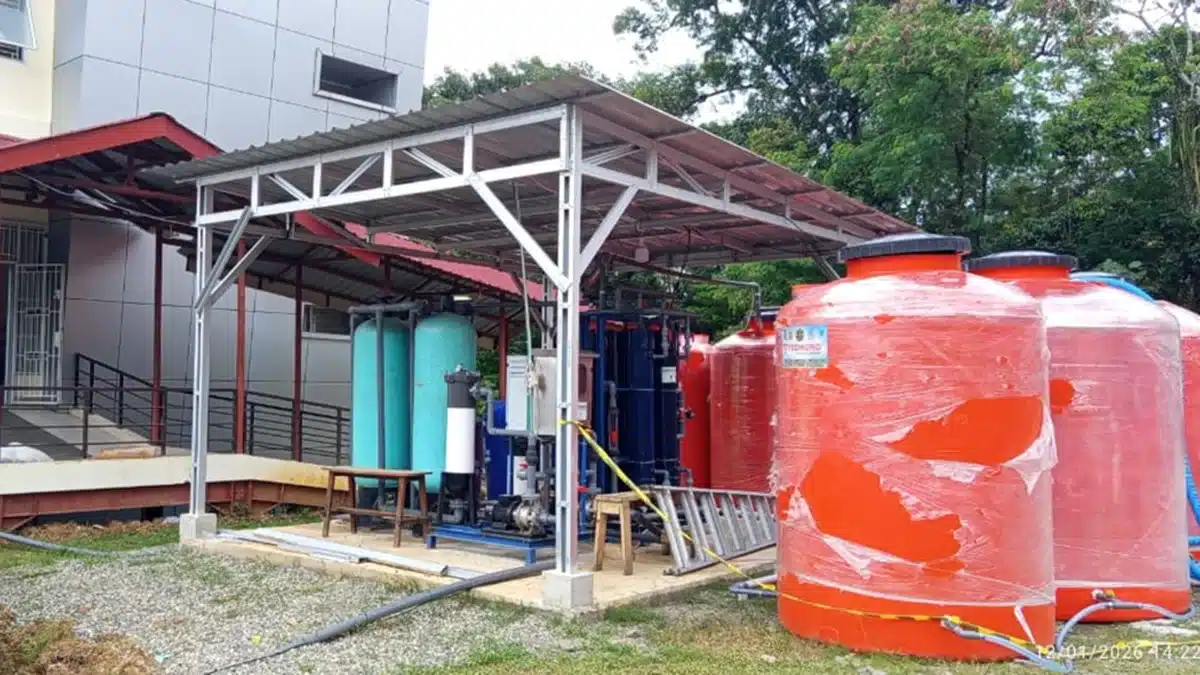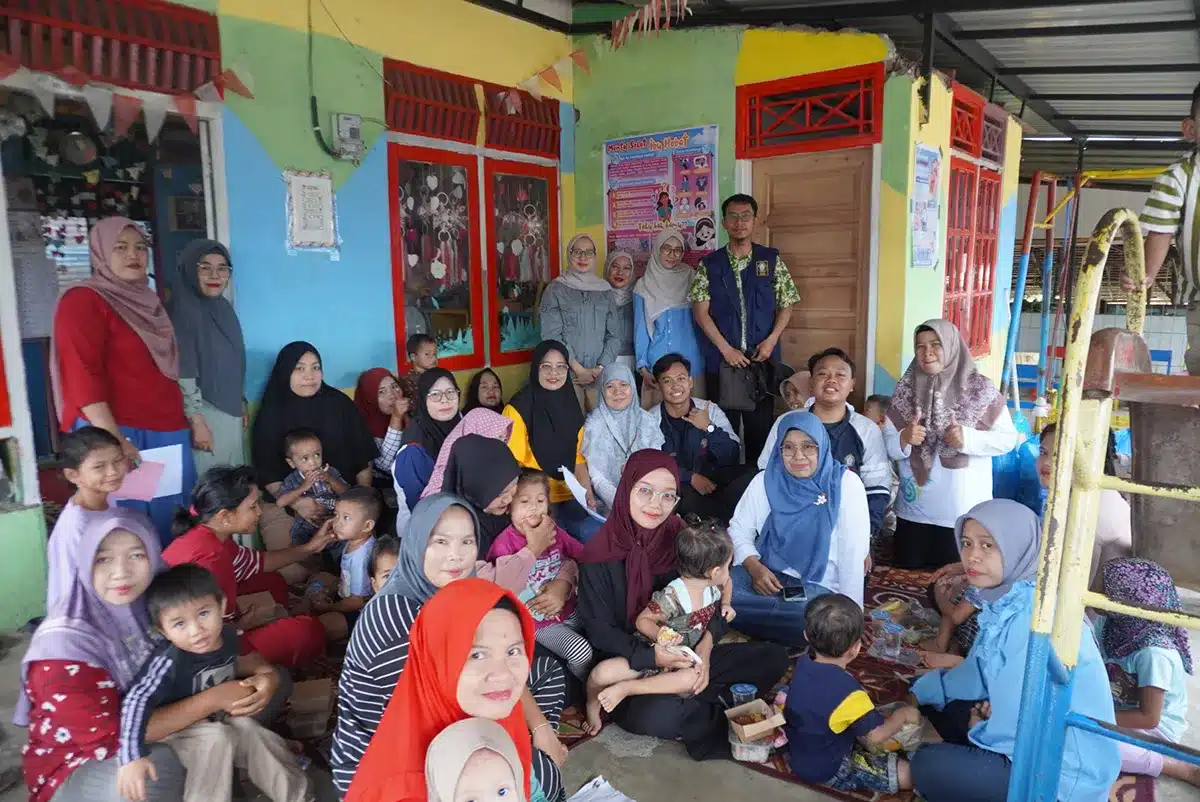SEMARANG — Department of Environment and Forestry (Dinas Lingkungan Hidup dan Kehutanan / DLHK) of Bengkulu Province collaborated with Postgraduate School of Diponegoro University (UNDIP) as an effort to find solutions to overcome the problems of coastal area management in Bengkulu City. The joint agreement to overcome coastal problems in Bengkulu City was stated in a cooperation agreement signed in Semarang, on Monday (13/9/2021).
In the cooperation agreement, Undip was represented by Undip Vice Rector for Research and Innovation, Prof. Dr. Ir Ambariyanto, MSc. Meanwhile, Bengkulu Province was represented by the Head of Department of Environment and Forestry of Bengkulu Province, Sorjum Ahyan, S.T., M.T.
As is known, most of the coastal area in Indonesia experience many environmental problems, including Bengkulu City. Therefore, this cooperation is also important for other regions.
“We hope that this collaboration can give solution to Bengkulu Government related to the current problems in coastal areas. The solutions needed are solution to the threat of abrasion and strategies for managing marine planting conservation in the area,” said Prof. Ambariyanto.
Meanwhile, the Head of Department of Environment and Forestry of Bengkulu Province, Ir. Sorjum Ahyan MT, explained that the environmental conditions in the coastal area of Bengkulu City were vulnerable to the threat of very large abrasion. This condition occurred because the area is directly in the opposite of Indian Ocean. Bengkulu City also really needs to conserve mangrove habitat.
“We really hope that in these three months, in collaboration with Undip we can make the right strategy for mangrove conservation in Bengkulu City area. It is including strategies related to socio-economic problems for coastal communities where lived in area of beaches hit by abrasion,” Sorjum added.
He also hoped that this work can produce a comprehensive environmental management strategies so that it can be a reference for other areas in the coastal area. It is said that in Bengkulu Province, there is also a forestry sector that needs attention. The forest area in Bengkulu Province is 46 percent of the Bengkulu Province, which is two million hectares. “The forest area is around 924,631 hectares and the people living around the living forest area almost in 450 villages,” he explained.
Considering the large number of people living in forest areas, and most of them belong to not so well off community in Bengkulu Province. Therefore, measurable and concrete efforts are needed to overcome their problems. “The problems of the people living in this forest area are the priority for work programs of Bengkulu Governor at this time,” he said.
Sorjum Ahyan said, with various explanations of the existing problems, it is hoped that the collaboration between Undip and Department of Environment and Forestry of Bengkulu Province can also create a sustainable forest management strategies in order to prosper the people living in forest areas. “With the cooperation that we have carried out now, in the future we hope that other Regional Organization can also join in working together to improve community welfare. By holding a collaboration, the implementation of development in Bengkulu Province area which is the main concern can be done well.”
Responding to what was conveyed by the Head of Department of Environment and Forestry of Bengkulu Province, Undip Vice Rector IV, Prof. Ambariyanto, emphasized that Undip is currently entering its fourth year as Legal Entity State Universities. With the status of Legal Entity State Universities, Undip is a higher education institution that has autonomy so it can work together with other institutions more freely. The status of Legal Entity State Universities also implies that the state budget funds for Undip have decreased, so they must try to find their own funds while still being guided by the existing rules.
“In principle, we welcome this cooperation program. We also welcome the local government to send its staffs for continuing advanced studies at Undip, both at Master and Doctoral levels. We have many postgraduate study programs as well as have the autonomy to open new study programs,” he explained. (PR team)
Translated by: Titis (Public Relations)








